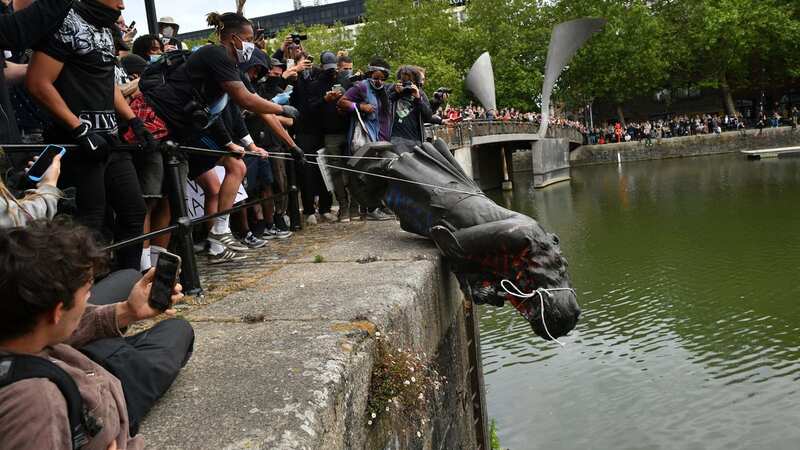Voters accuse MPs of manufacturing culture wars to distract from failings

MPs manufacture or exaggerate “culture wars”, according to three in five voters.
But for the first time, a majority of the public believes culture wars are a serious problem for British society and politics, research by King’s College London’s Policy Institute at and Ipsos found. People increasingly see the term “woke” as an insult, with 42% admitting they would consider being described as woke insulting – up from 36% in 2022 and 24% in 2020.
Some 21% of men would say they were anti-woke, compared with 10% of women. Fifty-six-percent of people say politicians who talk about divisions over cultural issues are just trying to distract from other important topics, compared with 11% who say politicians who talk about such divides believe they are important issues.
Policy Institute director Professor Bobby Duffy said: “The speed and scale of the UK’s adoption of ‘culture war’ issues and rhetoric in our media and politics has been one of the key trends of the last few years, and it has gone hand-in-hand with big shifts in public awareness and opinion. When we started the series in 2020, half the public hadn’t even heard the term ‘cancel culture’ – now four in 10 say they’ve heard a lot about it. And opinions have changed quickly too, with a near doubling of people seeing ‘woke’ as an insult, and even ‘anti-woke’ – a term that didn’t really exist before 2019 – becoming something people identify with.”
He said opinion “is also swinging against the use of these identity divisions, with one of the biggest shifts being the increase in the public’s perception that politicians are inventing or exaggerating culture wars as a political tactic”.
 Teachers, civil servants and train drivers walk out in biggest strike in decade
Teachers, civil servants and train drivers walk out in biggest strike in decade
Ipsos’ head of political research Gideon Skinner said: “While negative associations of ‘woke’ are rising, most people do not consider themselves to be either ‘woke’ or ‘anti-woke’ - and most people believe that other issues such as the cost of living, the NHS and asylum seekers crossing the Channel are likely to play a bigger role in the next election – even as they are not very optimistic that discussions over culture war divisions will slow down. Despite people’s concerns over the divisions that culture wars create, the issue shows little sign of going away, which means it’s important to continue to look for ways to engage with the public and understand different perspectives so that they do not become entrenched.”
Read more similar news:
Comments:
comments powered by Disqus

































